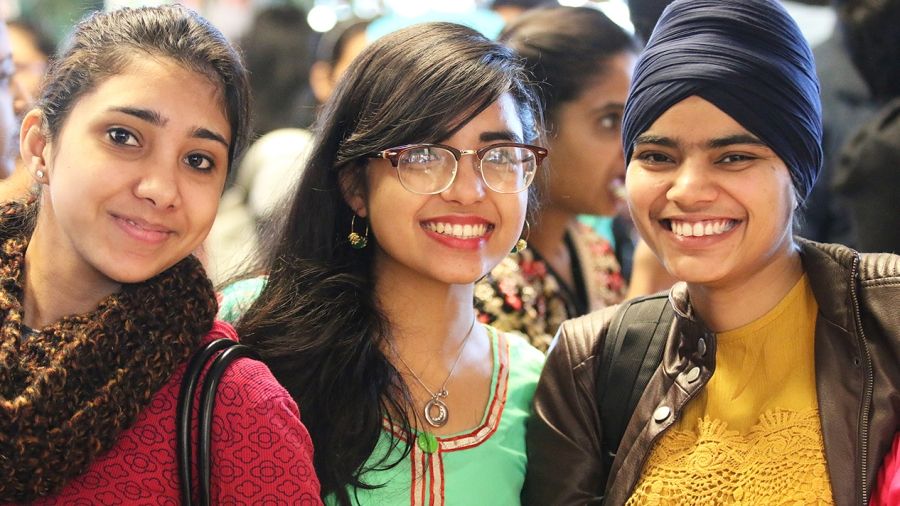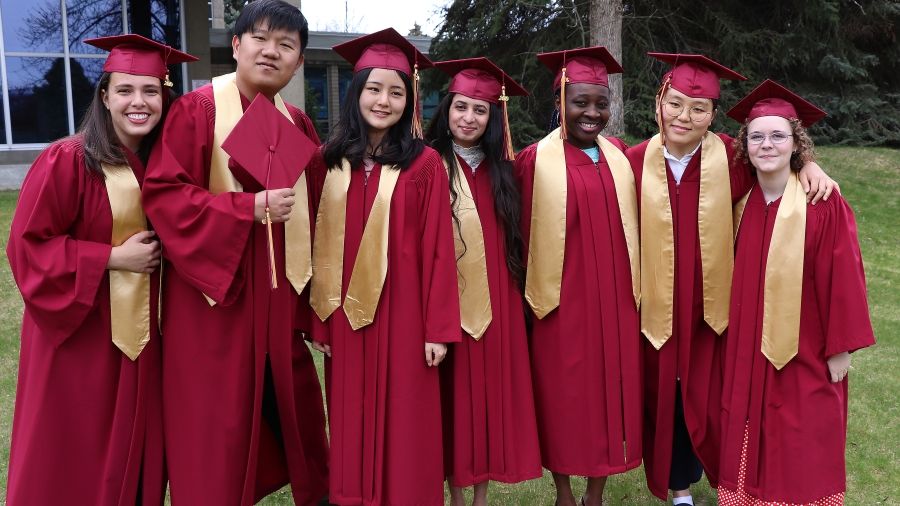
Selkirk College will continue welcoming learners from across the world after the federal government’s recent decision to cap international study permit applications.
In response to the new federal requirement, the Ministry of Post-Secondary Education & Future Skills has provided individual colleges and universities across BC an allocation of provincial attestation letters. These letters are now a mandatory requirement when students apply for study permits through Immigration, Refugees & Citizenship Canada (IRCC). For a one-year period ending January 21, 2025, Selkirk College will be issued 857 provincial attestation letters to help the institution manage the numbers of prospective incoming students.
“International learners are an integral part of our college community and this clarity in the process allows us to move forward in making sure it stays that way,” says Taya Whitehead, the college’s Vice-President of Education & Students. “We understand there’s been uncertainty for both current and prospective international students. Now that we know our allocation, we can continue international planning and recruitment that serves our students and communities so well.”
On January 22, 2024, Minister of Immigration, Refugees & Citizenship Canada Marc Miller announced a nationwide intake cap on international study permit applications for two years. Citing pressures on housing, health care and other services due to increases in international student numbers across Canada, the federal government imposed the measures with a goal of decreasing study permits by 35 per cent from 2023.
New System Allows More Stability
Post-secondary education is a provincial responsibility, and each province has received an allocation of study permits from the federal government to ensure that the national cap isn’t exceeded. Since the January announcement, the Ministry of Post-Secondary Education & Future Skills has been working on a system that fairly distributes BC’s allocated attestation letters across its public colleges, private colleges and universities.
The province sends an attestation letter to the institution upon receipt of a student application, then the institution sends it to the international applicant. The letter will prove the applicant has been accounted for within the cap set by the federal government. Applicants then will submit the attestation letter along with their study permit application. Institutions that use their full allocation will not be able to submit more applications until a new allocation is issued by the federal government for the following year.
“We are grateful to both the provincial ministry and our own Registrar’s Office team for the work that has been done to get us to this point,” says Whitehead. “Over the last decade, the Selkirk College community has embraced the wonderful diversity that learners from all corners of the globe bring to our region. In turn, we’re proud to provide foundational education, career-ready programs, wraparound services and student life opportunities.”
In 2023, Selkirk College had 762 full-time international learners enrolled in programs that range from one to two years. When making their choice to study in Canada, some students apply to several different schools, which means that not all 857 attestation letters will result in students on the first day of class at Selkirk College. With a fixed number of provincial attestation letters now part of the recruitment process, the college will need to ensure that its offers are directed toward students with a high likelihood of accepting them.
“Selkirk College has an excellent reputation with international recruiting agents and newcomers who complete their education in our region,” says Whitehead. “We expect some impact on our overall international numbers due to this attestation letter process. But the Selkirk International team will continue to work with prospective students who want to experience both the beauty of rural British Columbia and the educational opportunities that serve them so well.”
Learn more about Selkirk International.
Sustainable Development Goal (SDG) #4: Ensure inclusive and equitable quality education and promote lifelong learning opportunities for all.


